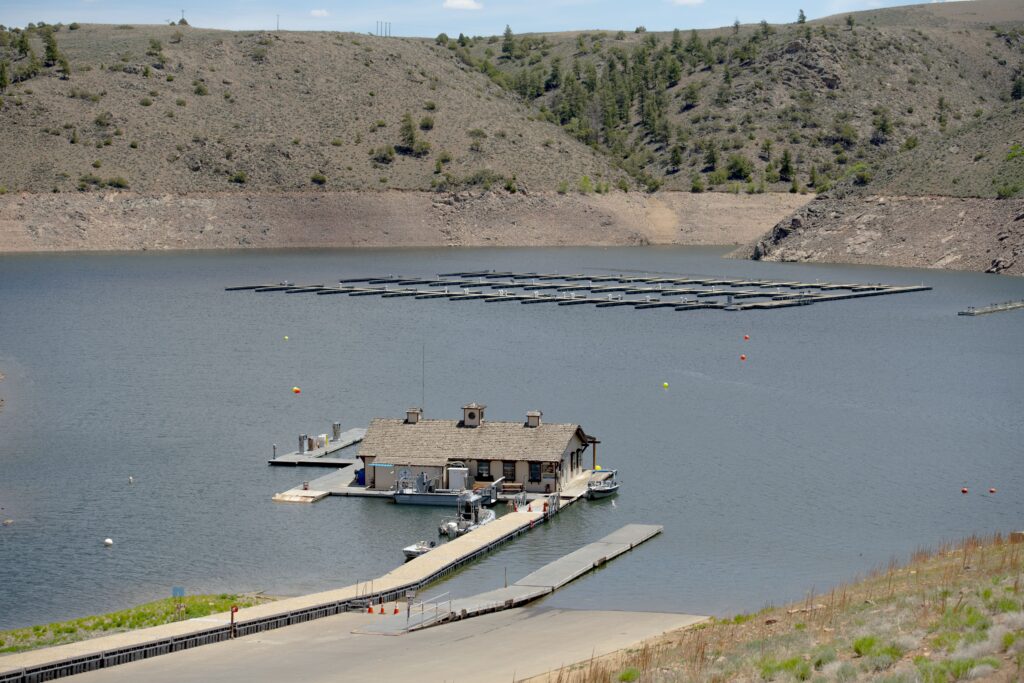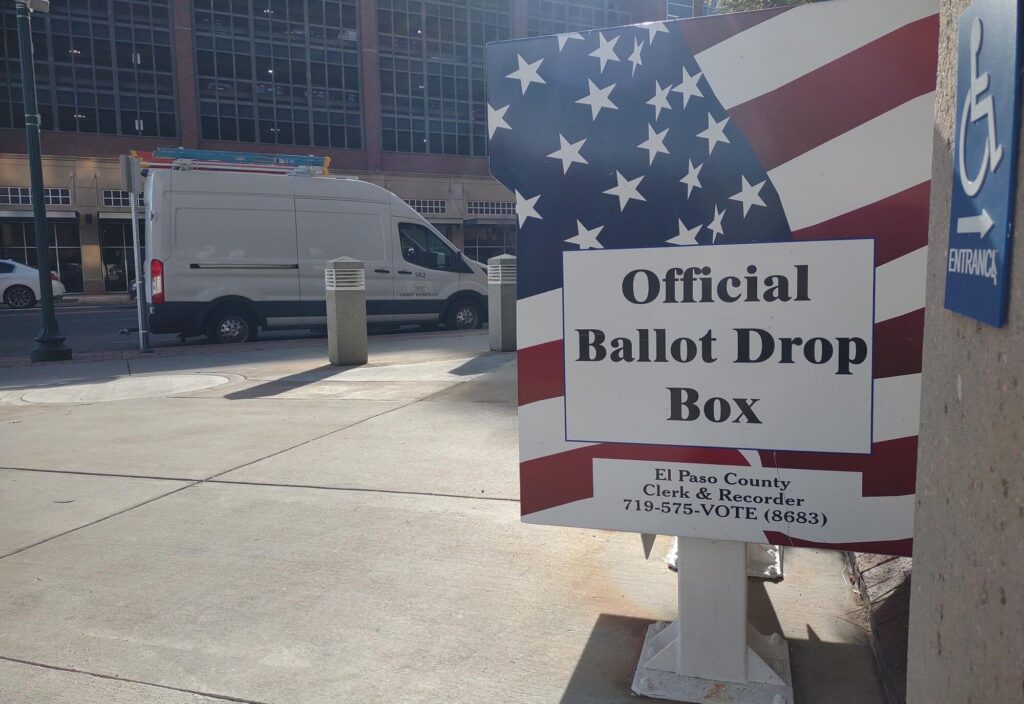Livestock groups plead with Canadian government to halt wolf relocation to Colorado
The roughly two dozen livestock organizations that have been pleading with Colorado Parks and Wildlife to hold off on introducing more wolves have turned their attention to the Canadian government.
In September, the wildlife agency announced it would get the next batch of wolves — about 15 —from British Columbia, where wolves have been decimating that region’s caribou population.
The British Columbia government’s solution has been to cull, or kill, the wolves. Almost 2,000 have been killed since 2015, according to a report from the Canadian Broadcasting Corporation. The report said the government intends to kill 244 wolves per year through 2026.
The letter from 26 livestock groups was sent on Tuesday to a dozen Canadian officials and government agencies, including the Canadian Wildlife Service and officials with the Minister of Water, Land, and Resource Stewardship in British Columbia.
Tim Ritschard, president of the Middle Park Stockgrowers in Grand County, authored the letter. He pointed out that two Native American tribes, in Washington and Wyoming, had denied Colorado’s requests for wolves.
The Confederated Tribes of the Colville Reservation in Washington rescinded its agreement to provide wolves after learning that Colorado had failed to consult with the Southern Ute Indian Tribe about the proposed wolf introduction project.
The Wind River Inter-Tribal Council in Wyoming also rejected Colorado’s request, citing “growing public opposition to the wolf introduction program in Colorado and the extremely close vote that started the program.”
Proposition 114, adopted primarily by Front Range voters, passed narrowly on a vote of 50.91% to 49.09%. All the counties where wolves were either introduced or where they have since relocated overwhelmingly voted against the ballot measure ,which passed.
Colorado Counties, Inc., which represents 63 of the 64 counties, has also advocated for a delay until Colorado’s wildlife agency addresses the problems caused by the wolf management program.
The 26 organizations submitted a petition to the state agency in October, requesting a rule-making hearing. The agency is responsible for evaluating the petition, including recommending whether to consider it. The CPW Commission is unlikely to review that recommendation, even if it were to favor the petition before the wolves from Canada are expected to come to Colorado.
The letter also noted that, of the 10 wolves introduced in December 2023, at least three have died. Colorado captured and removed a fourth introduced wolf and her four pups linked to high livestock killings.
“So, the program has not been good for the wolves or the ranching community,” the livestock groups.
One wolf found dead in Grand County had a healed gunshot wound to the leg, which prompted wolf advocates to set up a bounty to encourage people to report anyone shooting wolves.
“We ask that British Columbia reconsider issuance of needed permits allowing Colorado to take your wolves for introduction in Colorado this winter,” Ritschard wrote. “Your deferral would benefit the wolves and avoid your becoming embroiled in this controversy.”
Livestock growers, local officials and lawmakers have sharply criticized the rollout of Colorado’s wolf reintroduction program.
State officials and the governor failed to notify local ranchers and elected officials when the first wolves were released last December, and the conflict between CPW leadership and ranchers led to a breakdown in the relationship.
That’s led some ranchers to “close their gates” to the state agency, which relies on private landowners for conservation programs.
The issue of translocating wolves was the focus of a study from the University of Montana. The 2005 report looked at how wolves establish packs and survive and on livestock depredations.
The report concluded that translocated wolves had lower survival rates. Most failed to establish or join a pack, and more than one-quarter preyed on livestock.
Ten wolves from Oregon were introduced in Summit and Grand counties last December. Since then, more than two dozen livestock in Routt and Grand counties have been killed by wolves, and ranchers believe the numbers are far higher. In Jackson County, wolves that migrated from Wyoming have similarly preyed on livestock.
Those numbers don’t show the hidden costs of wolves to ranchers. A Colorado State University report said producers can also suffer indirect losses such as stress, sickness, and reduced weight gain and pregnancy rates when wolves scare, chase, or attack livestock.
“Let’s learn from the program’s mistakes,” Ritschard told the CPW commission earlier this month. “We still do not have an implemented range rider program, carcass management, or site vulnerability assessment programs.”
Funding for the range rider program has been inconsistent. The livestock group’s last meeting with wildlife staff on the issue occurred in September. The group only recently learned the latest grant had been approved. The one range rider the group hired rode for 127 days and hazed wolves 23 times — in a large territory with many cattle and sheep.
The Gunnison County Stockgrowers recently released an estimate of the cost of a conflict management program. The group said that for only the first year, which would include equipment to support range riders amortized over four years, it would cost $3.257 million.
The group added that it’s only for “on-the-ground implementation of a stand-up non-lethal wolf conflict management program” — it would not include payments to ranchers whose livestock are killed by wolves.











